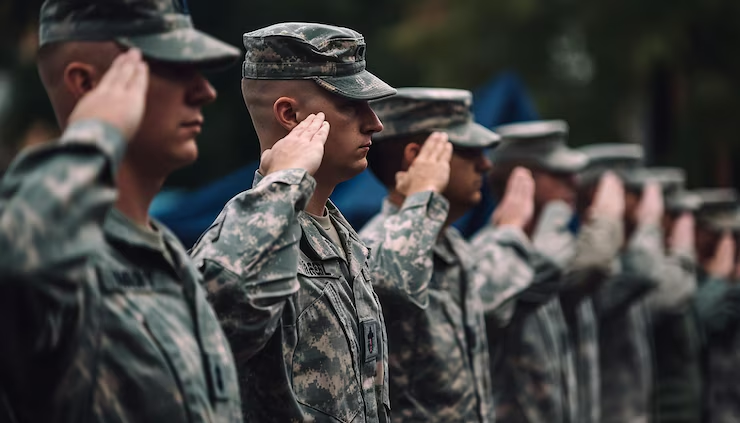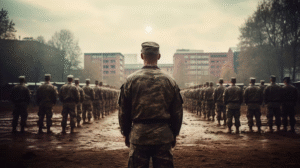Stepping into the role of a Field Training Officer (FTO) in the military is more than a promotion, it’s a responsibility that can shape the future of every trainee you mentor. As an FTO, you’re not just teaching rules and routines.
You’re preparing service members for real-life missions, life-or-death decisions, and the mental toughness it takes to succeed in high-pressure environments.
Field Training Officers serve as the bridge between classroom instruction and boots-on-the-ground readiness. And while the title comes with authority, it also comes with challenges that few outside the role truly understand.
Pressure That Starts on Day One
As a Field Training Officer, your influence starts the moment your trainee steps into your unit. You’re expected to:
- Model discipline and professionalism at all times
- Provide real-time feedback under stress
- Identify and correct performance issues on the spot
- Maintain mission readiness while mentoring
You carry the pressure of your own duties plus the responsibility of someone else’s growth and safety. You have to lead by example 24/7—because what your trainee sees, they’ll absorb.
The Emotional Weight of Mentorship
One of the hardest parts of being an FTO isn’t just training skills, it’s building trust. You’re shaping not only their tactics, but also their confidence, morale, and mental resilience.
That means paying attention to how they handle stress, how they respond to failure, and when they need tough love versus quiet support.
Every decision you make—whether in a drill or in the field—can affect your trainee’s path and the lives of the people they’ll one day serve beside.
Balancing Accountability and Encouragement
Field Training Officers often walk a tightrope between holding trainees accountable and giving them space to learn. Push too hard, and you risk breaking confidence. Go too easy, and you may send someone out unprepared.
The best FTOs know how to:
- Give clear, consistent correction without shaming
- Recognize progress as well as mistakes
- Adapt to different learning styles
- Build a culture of respect, not fear
Your goal isn’t perfection, it’s preparation. That means letting them fail safely, so they’re stronger when it really counts.
A Real-Life Perspective on Military Mentorship
In Jack & Jill: Marines in Paradise, Timothy Christopher Rollins reflects on his time in military and correctional training environments.
The role of a Field Training Officer (FTO) is explored through Jack’s journey. As he trains under the guidance of more experienced officers, the novel showcases the real-life challenges faced by FTOs in the military—balancing leadership, mentorship, and maintaining standards.
The dynamic between Jack and his FTOs reflects the tension and growth that come with the responsibility of shaping the next generation of Marines, all while navigating the pressures of military life.

Why This Role Matters More Than Ever
In today’s evolving military climate, Field Training Officers are more critical than ever. New recruits don’t just need to learn tactics, they need to learn ethics, adaptability, and emotional resilience. And those lessons don’t come from manuals. They come from you.
You are the example they’ll carry forward into every mission, every challenge, and every critical decision.
Learn More About Leadership That Lasts
Explore the book and more works by Timothy Christopher Rollins at TimRollinsTheAuthor.com for personal stories, reflections, and lessons in discipline, mentorship, and growth. Whether you’re in uniform or guiding someone who is, leadership starts with how you train the next generation.




